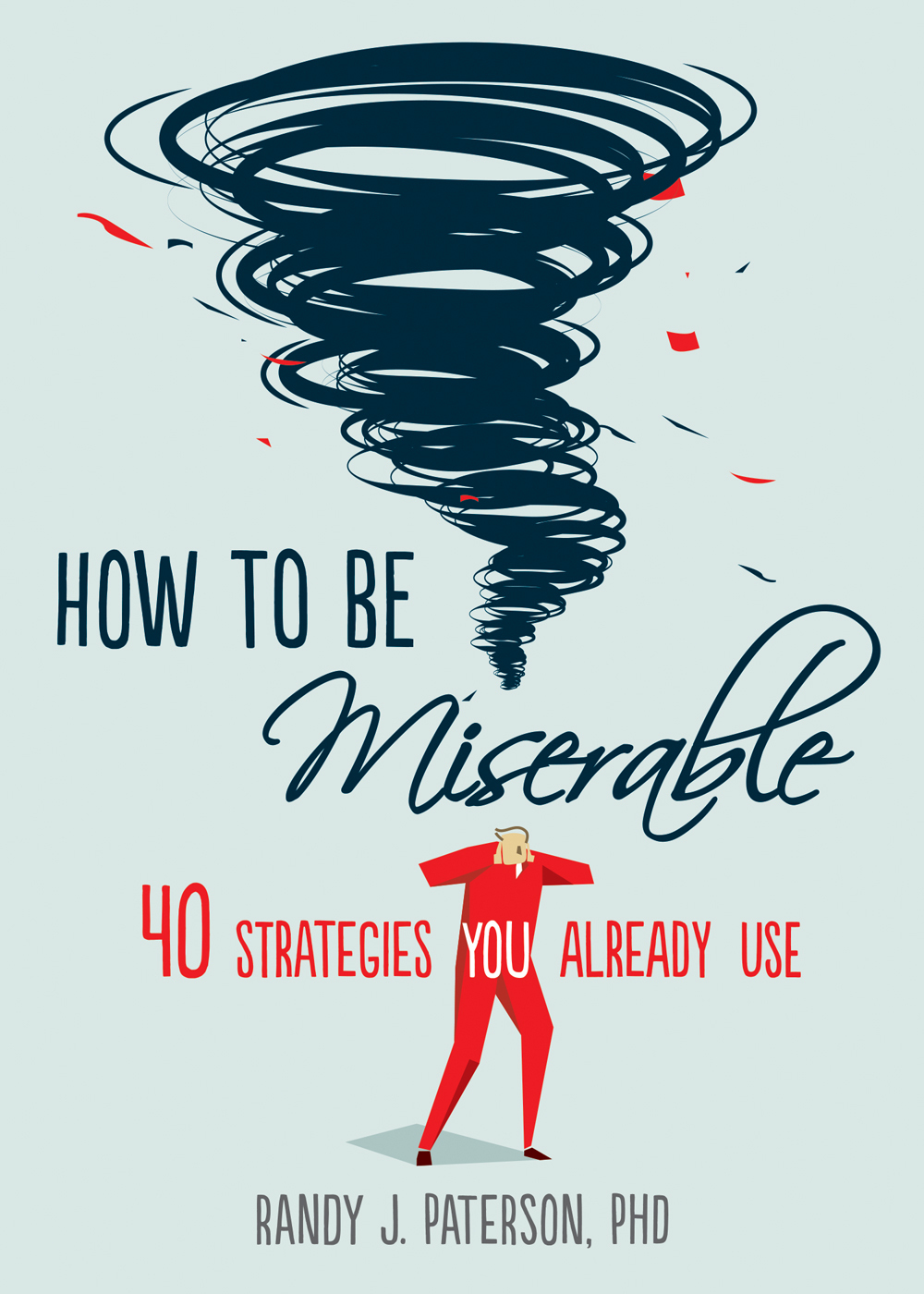
Depression is a common but serious mental health condition that affects how an individual feels, thinks, and handles daily activities. It can develop due to a combination of genetic, biological, environmental, and psychological factors. Stressful life events, such as the loss of a loved one, a significant life change, chronic illness, or an operational stress injury can also trigger or exacerbate depression.
Depression can manifest in various ways, including persistent feelings of sadness, hopelessness, or emptiness. Individuals may lose interest in activities they once enjoyed, experience changes in appetite and weight, and have trouble sleeping or sleeping too much. They may also feel fatigued, have difficulty concentrating, making decisions, and experience feelings of worthlessness or excessive guilt.
Individuals with depression may struggle to carry out daily tasks and responsibilities, impacting their work, relationships, and overall quality of life. It is crucial to recognize that depression is more than just a temporary feeling of sadness; it is a long-term condition that requires appropriate treatment and support.
Treatment for depression typically includes psychotherapy, medication, or a combination of both.
For more information and resources on depression:

Kelty’s Key:
Free and confidential online therapy service that can provide you with the support you need to feel better at your own pace.
More information

The LifeLine Canada:
Visit their website for further information and help related to depression

My Safety Plan:
Visit their website for information on creating a safety plan when thinking about suicide.
Books:

How to be miserable: 40 strategies you are already using by Dr. Randy Patterson; BC Psychologist
Get book

Mind over mood by Greenberger & Padesky
Get book
Videos:
This website is meant to provide general information and strategies. They are therefore not meant to be a substitute for individual treatment or therapy. Please consult with your healthcare provider or a member of our team for help specific to your needs.
Do you find this page helpful?


